
Deetlefs has returned to her home country, but her Chinese partners have nurtured the group's dream of bringing South African cuisine, opening new restaurants in Dalian and Xi'an.
The menu still features roasted bone marrow, a treat that may be new for some diners. Savory, slow-braised oxtail is served on top of the gelatinous bone marrow, a mouth-watering entree served with chanterelle mushrooms, caramelized onions and a North African herbal sauce, green chermoula.
Another national dish, biltong, is not really part of Silk Road heritage: It was indigenous people long ago who began slicing beef into strips, curing it with salt, and hanging it up to dry. But the cured beef reflects one of many old traditions to preserve foods and make them portable-critical in those days of traveling traders. European settlers improved the curing process by using vinegar, saltpeter and spices including cloves, pepper and coriander.
A key part of the restaurant's identity is wine, a product that has become part of the South African identity as well. The eatery's very name, Pinotage, is a distinctive wine grape indigenous to the tip of the continent.
As global appreciation of disparate wine regions grows, contemporary merchants-spared the long, slow voyages of their seafaring forebears-are taking exciting South African vintages to ports around the world.
If you go
12 Dongzhimen Waijie, (opposite the Qatar embassy) Chaoyang district, Beijing. 010-5785-3538.
Inside Changyi Yuan 3A Shunhuang Lu (near BD-Beidong Flower Market), Sunhe township, Shunyi district, Beijing. 010-8459-5868.
About this series
China Daily is featuring different cuisines from countries along the Silk Road every Thursday.
Related:
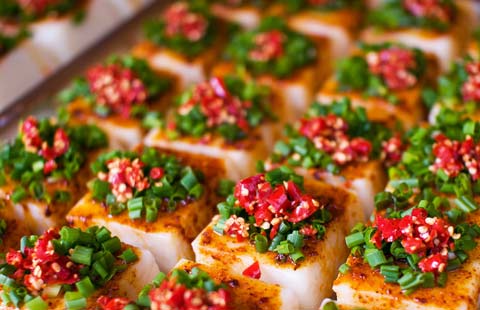
China's top 10 foodie cities |
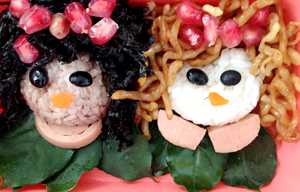
Cute boxed meals |
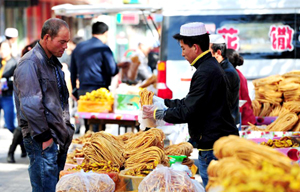
Muslims greet annual festival of Eid al-Adha in Yinchuan |
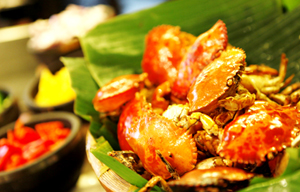
Cafe Noir hosts Singapore food festival |

Top 10 catering brands in China |
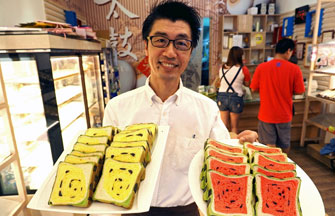
Watermelon toast gains popularity in Taiwan |
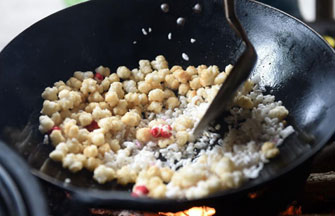
Tradition of drinking oleic tea in Guangxi |
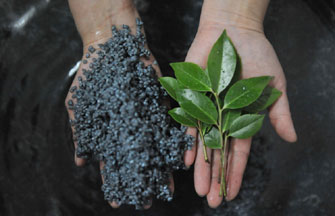
Black rice treats in summertime |